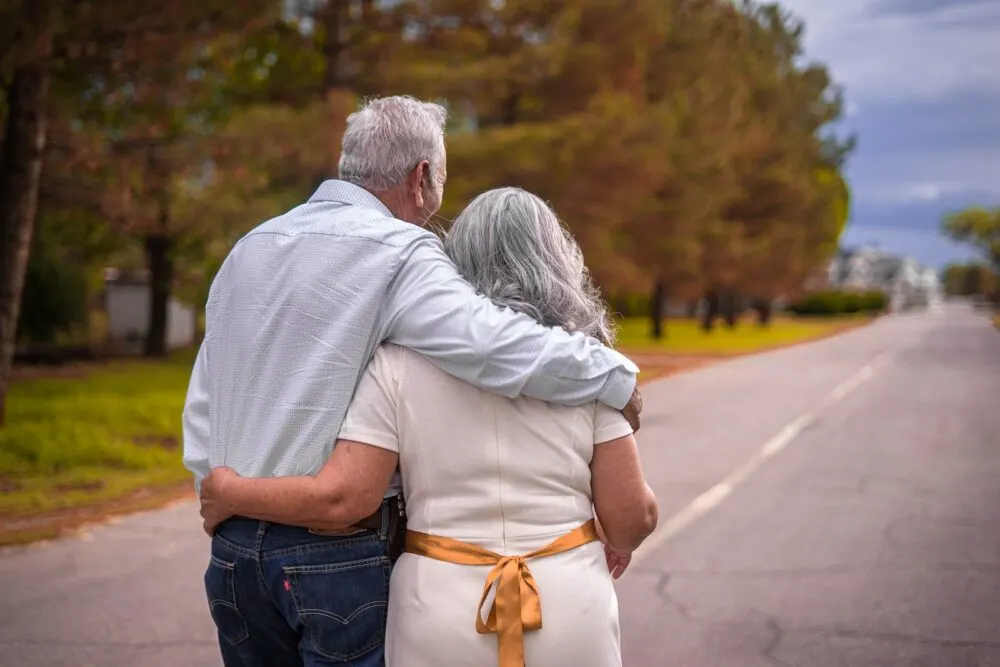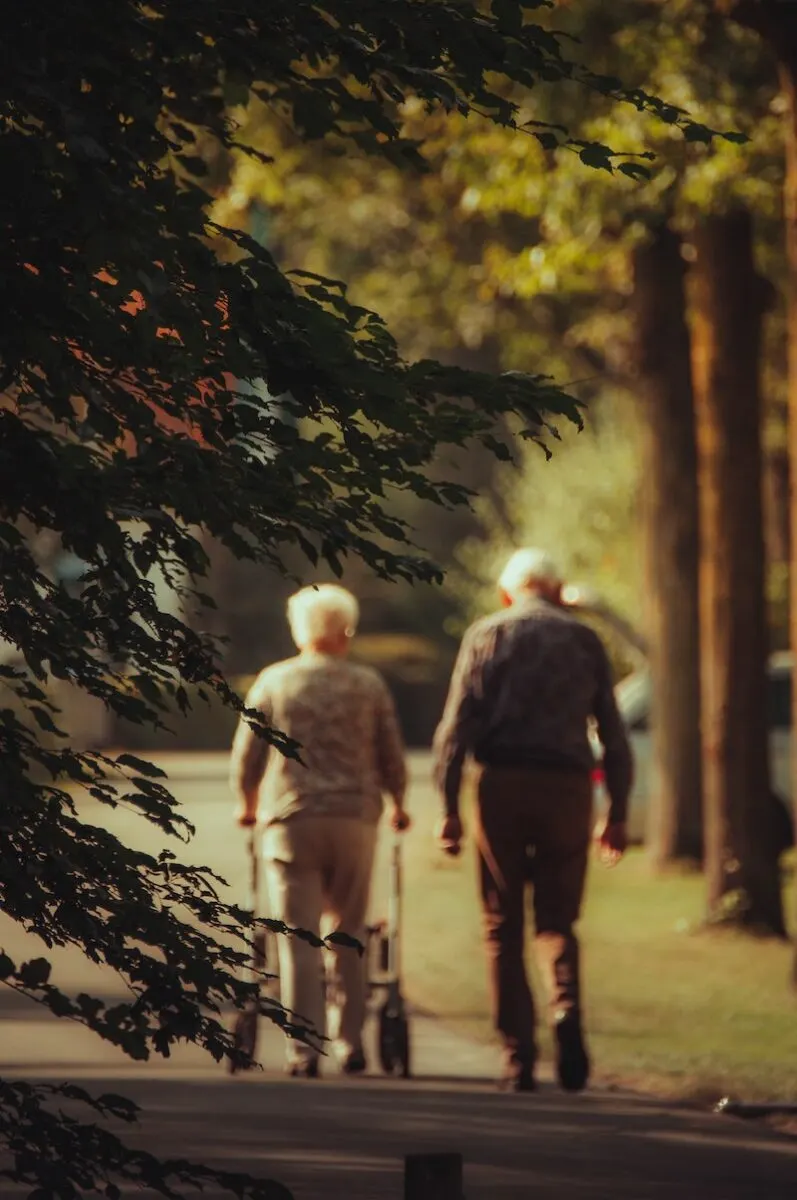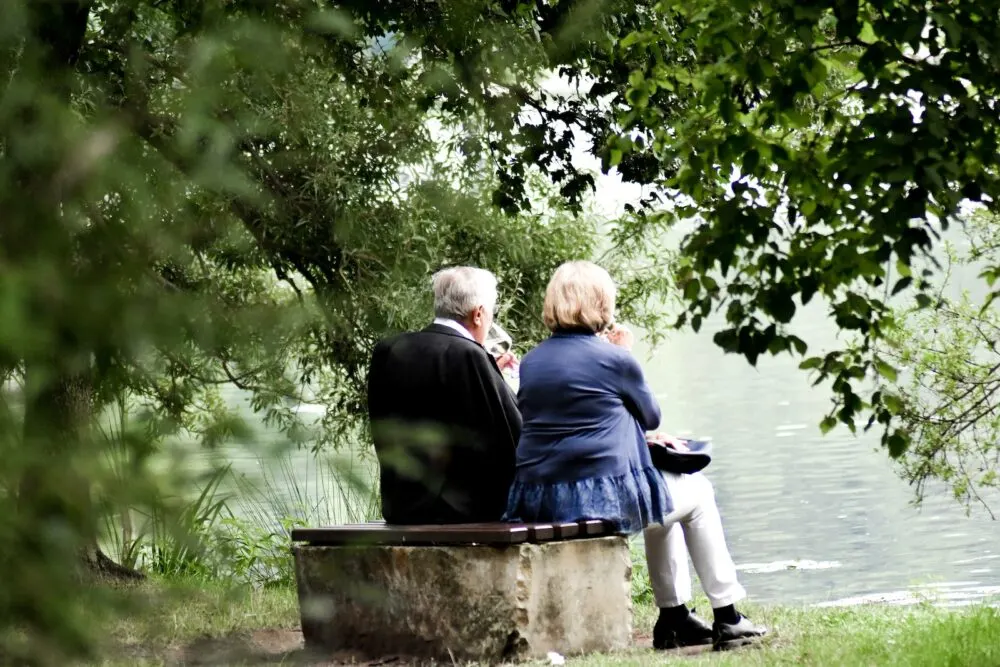If you ask your parents about how long relationships lasted 40 years ago, the answer will surprise you. People used to marry their first or second partner, and relationships were not casual, so they tended to last much longer than they do now. Relationships tend to be more transient with the change in mentality, in times, in society, and the use of social networks. How long does the average relationship last nowadays?
Things move fast. You connect sooner, but you also burn out sooner. So really, how long do relationships last? Although it’s not easy, we have distinguished some age ranges with clear trends. Also, if you want to know how to make your relationship last longer, you’re in the right place.
How long does the average relationship last? (filtered by age)
The age ranges can vary up to a couple of years because it depends on the experiences of each one. For example, when you start and finish college, become independent, get a stable job, etc., are factors that generally cause a before and after in a person’s life.
In addition, they coincide with a series of experiences that make us grow and mature as people. Taking all this into account, this is how long relationships last according to age:

Before 18
Sweet adolescence. Hormones, high school, social pressure, the first times. At this stage, we discover life, and all the sensations are more potent. In addition, using social networks enhances the feeling of being in the lives of others, that closeness, and flirting.
For all these reasons, relationships in adolescence usually start pretty quickly but end quite soon. High school relationships typically last only a few months or a year. However, there are always exceptions if they are two non-conflictual and stable people (a unicorn).
Between 19 and 26
Early youth is said to be the period of life when we are happiest. We start to relax, finish our studies, you start looking for a job, and it is also that period of existential crisis in which we have to ask ourselves what we want to do with our life. It is also usually when you bond more with other people since your personality is more settled.
At this time, relationships change a little more. If you can settle down, they will last longer, but if you are forced to change cities or are stressed about finding a job, it can be more challenging. So a rough average of how long relationships usually last is about 4 years. They are no longer as brief as adolescence, but it is not the age when you feel ready to settle down for life.
Between 27 and 35
The mid-life crisis. You are older, but you are not old. You are not a teenager nor belong to the university sector. What are you? At 30, you usually have clear goals in the work environment, you have become independent, or you are about to do it. Many people look for a partner, thinking it is “now or never,” panic thinking that they will die alone, and many other lies of society.
All these things considered, together with the emotional maturity achieved by the experience, relationships here tend to be longer. They can last 5-7 years, or they can last forever. Short relationships have no place here because they are too emotionally draining. You don’t start a relationship at this age if you don’t intend to take care of it.
After 35 (generalizing)
You feel dizzy when you look at 40 but are still in your 30s. If you have a partner, even if it has been for many years, you wonder if your partner is the ideal person for you or not. It’s time to think about making the relationship official or letting it go.
Therefore, from age 35, relationships tend to last much longer because they end in marriage.
How to make a relationship last?
Regardless of age, you can follow a series of tips to make it last much longer and be happier.
1. Spend quality time together
You don’t need to see each other every day, all the time. Seeing each other too much at first can be cute because you are excited and looking forward to seeing each other. But it can develop into a need for control. It is much more important to spend quality time together.

Don’t just hang out on the phone or watch movies all the time. Meet to talk, go for walks, travel, try new things, cook something together, etc. Something that makes you happy.
2. Avoid monotony
The great killer of all relationships: routine. Yes, it’s good to be organized, to know that you can see each other on Tuesdays and Fridays from 8 p.m. onwards. But avoid the monotony of routine at all costs. Always try to do something different, try new things. Use your illusion as your primary weapon.
3. Surprise your partner every few days
It is not about spending money or constantly thinking about gifts. It’s about leaving room for imagination and allowing yourself to be impulsive. Tell your partner to visit new places on a little day trip, pub crawl, or cook sushi together. Don’t stop surprising them. Netflix & Chill is great, but we all get bored sitting on the couch every night watching a movie.
4. Work on communication and trust
Being mysterious is not fashionable in relationships. Don’t try to be intense or get your partner’s attention. You are already together. Now try to make both of you happy. To do this, don’t let your partner worry unnecessarily.
Work on communicating, understanding, and respecting. It sounds simple, a cliché, but you’d be surprised how few people can have a healthy relationship.
5. Grow as individuals
Your relationship may be meaningful but remember: you are independent. You can be a romantic and still make time for yourself. Go out with your friends, and pursue your career. Develop your interests, don’t try to tailor your life to your partner. Grow together, but separately.
6. Set healthy boundaries
Of course, don’t let your partner control you. Don’t confuse trust with distrust. Accept that there will be jealousies, insecurities, and bad patches, and the solution is always to talk, support, and understand. But never let your partner control you.

How long does the average relationship last? Final Words
With all this in mind, how long do relationships last? The reality is that it depends on where you are in your life. Emotional stability and financial stability, among many other factors. It is much easier to have a long relationship if you are a stable person, with self-esteem and clear goals, than if you have insecurities and don’t know where you will be next month.
However, you can always learn and grow by accompanying your partner. And you, are you the exception of any of these ages? Have you had a long relationship as a teenager or a great brief disappointment in your thirties? Tell us about your experience in the comments.
